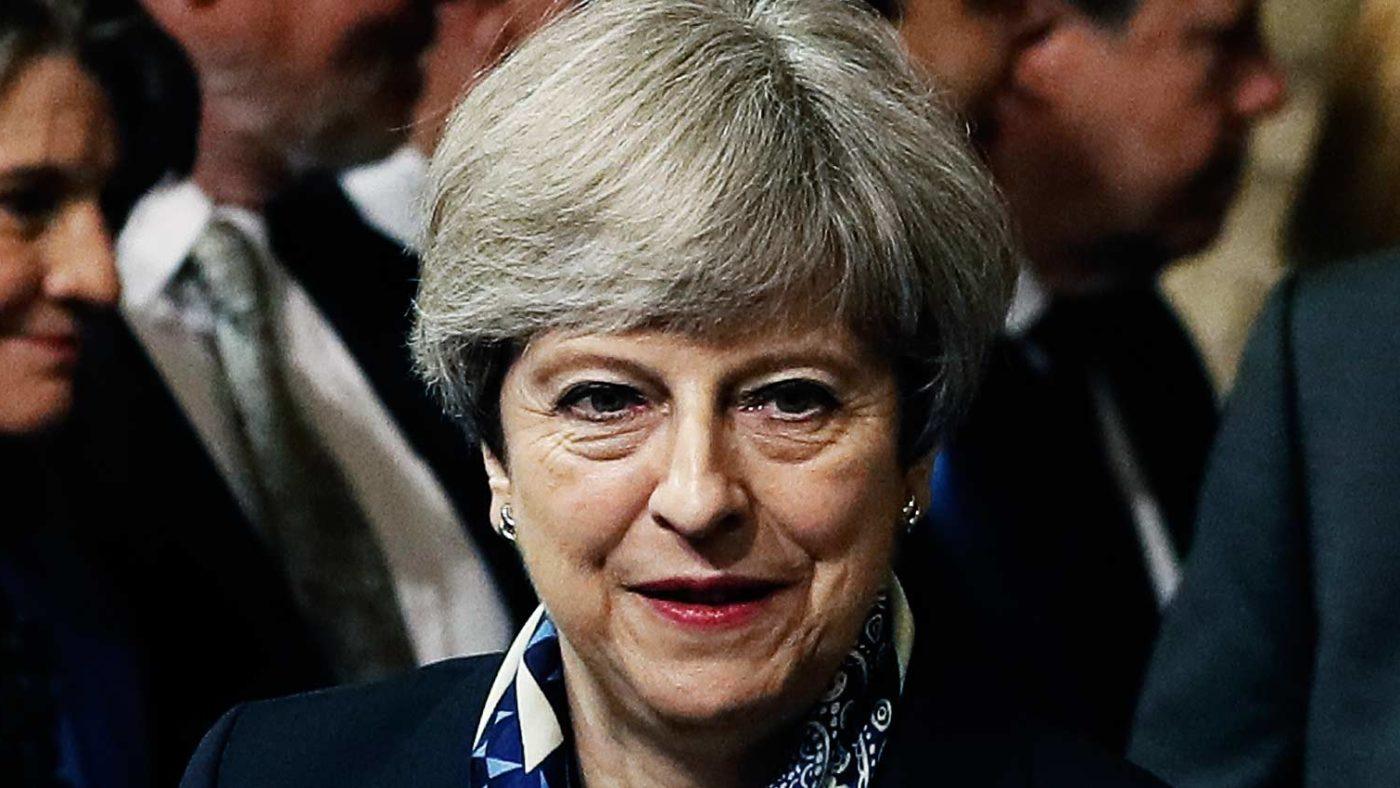Last week Andy Murray, the world’s number one ranked tennis player, announced that he would donate his winnings from the Queen’s club tournament to the families who formerly lived in the Grenfell Tower block. Then he lost in the first round. It seemed fitting for the times: what was delivered was neither quite as noble nor uplifting as what had been promised.
Another sportsman’s verdict on misadventure seems appropriate too. Upon breaking his bat John Emburey, the Middlesex and England off-spinner, ruefully declared that “the fucking fucker’s fucking fucked”. This seems an apt verdict on the state of British politics in this dizzying post-election period.
An election without winners has left the country in a state of peeved limbo. The Conservative party, accustomed to thinking power is its birthright, has been left to cobble together some kind of humiliating arrangement with the Democratic Unionist Party. Those negotiations, it is fair to say, have not gone well. Which, if they are regarded as a training-wheels exercise in advance of the Brexit negotiations, seems to suggest the Government is not yet ready for prime time.
For their part, the DUP huffily warn that their support “cannot be taken for granted”. Stung by the lack of respect they have been shown, the Irishmen say that, if necessary, the party will march out of talks (using the traditional route, of course). For the DUP at any rate, no deal is better than a bad deal. Regardless of the kind of accommodation eventually reached with the DUP, it seems worth noting that in 2010 David Cameron and Nick Clegg needed just six days to agree a fully-functioning programme for government. Nearly two weeks after this election, Theresa May has not even been able to secure guaranteed support for her Queen’s Speech.
And what a speech it was! Her Majesty, blameless as ever, began with a certain timid throat-clearing: “My government’s priority” she said “is to secure the best possible deal as the country leaves the European Union.”
How the mighty are fallen! The days when “Brexit means Brexit” and, by jove, we’re going to make a success of it (whatever it is) now belong to our sunny yesterdays. That was then and this is now. For Her Majesty’s Government’s ambitions have been downgraded to securing “the best possible deal” whatever that may be. They cannot say what it means because they do not know what it means. The days of Conservative unity on Brexit are gone.
One faction darkly threatens a leadership challenge if the Prime Minister diverges even slightly from the purity of what used to be known as a clean, hard, Brexit; another warns it cannot and will not support a “cliff-edge” Brexit that imperils the country’s economic well-being. They cannot both get what they want; Mrs May cannot possibly satisfy everyone in her own party, let alone in the country at large.
Philip Hammond, the Chancellor of the Exchequer, says “no deal would be a very, very, bad outcome”, which, when coupled with the Prime Minister’s insistence that “no deal is better than a bad deal”, means that, if Mr Hammond is correct and we follow the path of logic to its inexorable conclusion, a very, very bad outcome is preferable to a bad deal which might only be, well, a bad outcome. This, my friends, is what happens when a government disappears down a rabbit hole.
Meanwhile a Brexit deal that “commands maximum support” is not necessarily the same as a deal that enjoys widespread support and, naturally, the “best possible deal” is not necessarily the same as an attractive or even successful deal. You pays your money, you buys your ticket, and you hopes for the bleedin’ best. If it weren’t quite so serious you might have to laugh.
Mrs May has mastered the art of talking without saying anything but, even so, her remarks bear some scrutiny. On Tuesday night, for instance, she pledged that “We will work hard every day to gain the trust and confidence of the British people, making their priorities our priorities”. It requires only a moment’s reflection to appreciate that this was desperately revealing stuff. Here was the Prime Minister admitting that her party does not currently enjoy the people’s trust and that, hitherto, it could not necessarily be said that its priorities were those of the people it ostensibly governs. As admissions of weakness go, this takes some beating.
But then weakness is all around. This is a government that is barely in office and a long way from being in power, led by a Prime Minister only in Downing Street because her colleagues cannot agree on who should replace her. That, plus the pressing business of organising some form of Brexit, applies just enough external force to just about hold the Government together. For the time being, anyway, the Tory party is holding onto nurse for fear of something worse – in the form of Prime Minister Corbyn – but that doesn’t mean it holds any affection for nurse.
The manifesto upon which the Conservatives were almost-but-not-quite elected a fortnight ago is no longer operable, but there is no consensus, nor even the beginning of one, on what should replace it. The Queen’s Speech confirmed as much; if it weren’t for Brexit this would be a parliament of thin gruel.
And so we limp on in a Micawberish manner, trusting that something will turn up. But what if it doesn’t? What if this is as good as it gets? A government haunted by its past blunders and spooked by an all too evident fear that the people have rumbled it because, when you peer behind the curtain, you discover that, in actual fact, there is nothing there.


